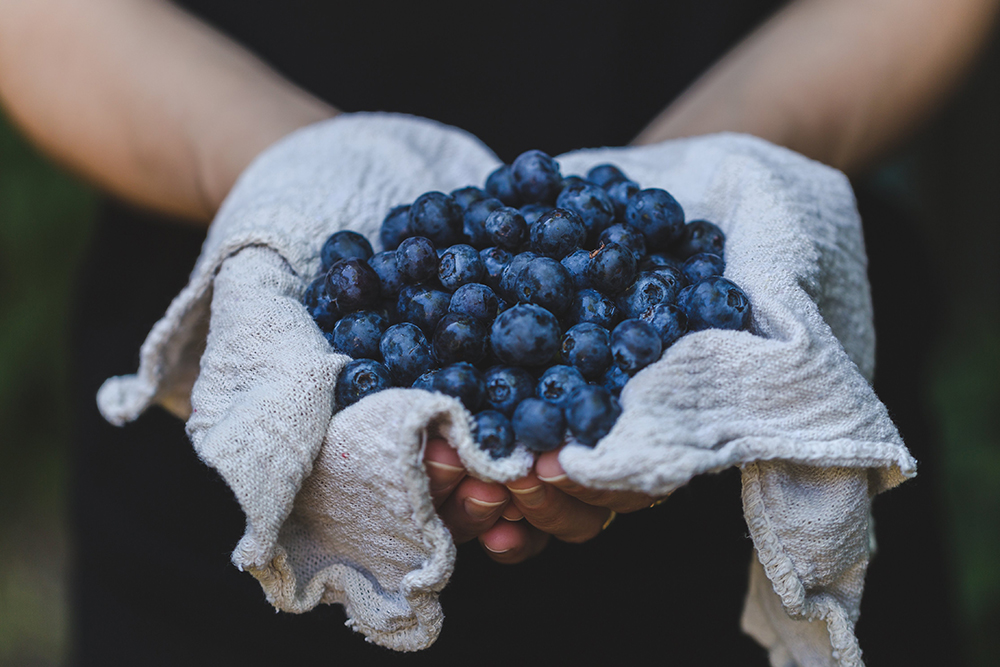Vitamin C to Reduce Risk of Heart Disease

Individuals with high fruit and vegetable intake have a 15% lower risk of developing heart disease and a 20% lower risk of early death when compared to those who rarely eat fruit and vegetables, according to research published in the American Journal of Clinical Nutrition.
Researchers state this reduced risk of heart disease and early death for regular fruit and vegetable consumers is related to a high concentration of vitamin C in the blood.
The role of vitamin C in heart disease
- Vitamin C is a powerful antioxidant enhancing the body’s response to free radicals and protecting the arteries from oxidative damage.
- Vitamin C enables collagen synthesis in arterial wall connective tissue, strengthening blood vessel walls. Weakened collagen makes it easier for oxidized LDL and the inflammatory process to gain a foothold and plaque formation.
- Vitamin C increases nitric oxide levels. Nitric oxide is a vasodilator increasing the arteries ability to widen and reduce blood pressure.
Vitamin C also…
- Aides in wound healing
- Boosts the immune system by increasing white blood cells and interferons
- Slows gum disease
- Aids carnitine synthesis
- Reduces leukotrienes production (factor in allergic reactions)
- Increases fertility
- Aids regeneration of vitamin E
- Enhances iron absorption
- Plays a role in serotonin production (a neurotransmitter impacting mood and appetite)
- Reduces incidence of cataracts
- Acts as a diuretic
- Decreases bruising
Vitamin C in your diet
The body cannot make vitamin C, which means you must consume vitamin C in either foods or supplements. I encourage you to increase your intake of fruit and vegetables to boost your vitamin C intake daily.
Some foods rich in vitamin C include red sweet peppers, turnip greens, broccoli, red cabbage, strawberries, spinach, oranges, mangos, cantaloupes, and raspberries.
Causes of vitamin C deficiency
Be especially aware if you have any of the following conditions or take any of the following medications. They promote vitamin C deficiency:
- Antibiotics
- Stress
- Aspirin
- Painkillers
- Sulfa drugs
- High fever
- High blood pressure
- Diabetes mellitus
- Cortisone
- Birth control pills
- Smoking
Vitamin C is a water-soluble vitamin, which means it leaves the body quickly. You should consume foods rich in vitamin C throughout the day.
Be sure to access the free ecourse “How to Lower Cholesterol in 8 Simple Steps” at http://lowercholesterolwithlisa.com.
All the best,
Lisa Nelson RD
Health Pro for HealthCentral
Image courtesy of Maggie Smith / FreeDigitalPhotos.net
Lower Blood Pressure with Blueberries

There is trial data indicating blueberries help reduce both systolic and diastolic blood pressure.
This double-blind, placebo controlled trial assigned 48 women to receive either 22 grams of freeze-dried blueberry powder or 22 grams of a control powder daily for 8-weeks. Results indicate that blueberry consumption may reduce blood pressure and arterial stiffness.
These improvements may be linked to enhanced nitric oxide mediated vasodilation. Vasodilation refers to the widening of blood vessels, which in turn lowers blood pressure because the heart then exerts less force against arterial walls as it circulates blood.
At the conclusion of the study, participants consuming the blueberry powder daily on average reduced systolic blood pressure 5.1% and diastolic blood pressure was lowered on average 6.3%.
Twenty-two grams of freeze-dried blueberry powder is equal to about 1 cup of fresh blueberries daily.
Raspberries to Reduce Inflammation and Lower Cholesterol
 Berries of all kinds are a wonderful addition to any diet. Let’s look specifically at the nutrient dense raspberry.
Berries of all kinds are a wonderful addition to any diet. Let’s look specifically at the nutrient dense raspberry.
A one cup serving contains just 64 calories, 8 grams of dietary fiber, and 54% of your daily vitamin C needs.
A diet high in fiber promotes lower cholesterol and blood pressure. Studies have found for every 1-2 grams of soluble fiber each day lowers LDL cholesterol 1%. A 1 cup serving of raspberries provides 1 gram of soluble fiber.
Raspberries are low in fat and high in antioxidants, such as vitamin A, vitamin E, and vitamin C. Vitamin C is an antioxidant that boosts our immune system, increases nitric oxide, promotes wound healing, lowers triglycerides, and prevents free radical damage associated with LDL cholesterol. (Vitamin C plays many more roles in our health than what I’ve listed.)
Heart Disease – Use Vitamin C to Decrease Heart Disease Risk
A new Norwegian study – Diet and Omega 3 Fatty Acid Intervention – found individuals who increased their intake of fruits and berries decreased carotid artery thickening (atherosclerosis – hardening of the arteries), which leads to increased risk of heart disease.
The study followed over 560 men with an average age of 70 years-old for three years. Throughout the three years carotid artery thickness was measured and food intake was assessed via food-frequency questionnaires. Participants who increased vitamin C rich foods, such as fruit and berries, along with a Mediterranean diet plan had reduced arterial thickening. The more vitamin C the less the thickening.
The study concluded that even the elderly can make diet changes and see positive health benefits. We’ve known that fruits are an essential part of a heart healthy diet plan and this diet re-emphasizes that point.
All the best,
Lisa Nelson RD
Be Heart Healthy and Lose Weight



